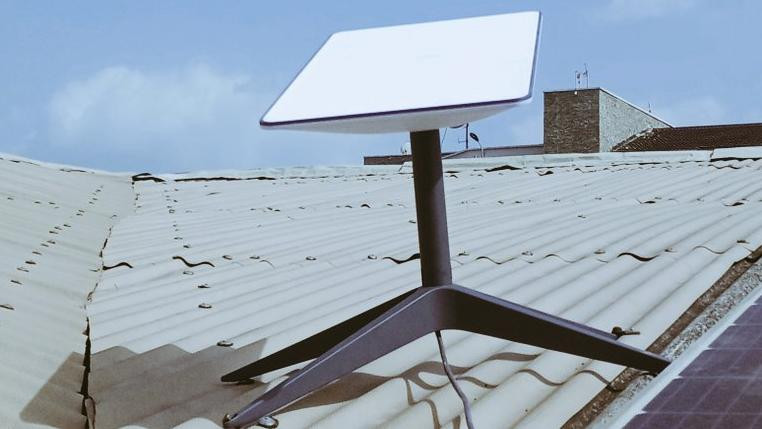
THERE is a simple reason why rural areas all over the world tend to have poor mobile network coverage: It is simply unprofitable for mobile network companies to build and operate base stations.
In Zimbabwe, the government through Postal and Telecommunications Regulatory Authority of Zimbabwe (Potraz) funds the construction of base stations in sparsely populated areas where private capital is not keen. It is a good model but it will take a long time to cover every square inch of the country. This is where satellite internet service providers like Starlink come in.
Starlink signals are everywhere in Zimbabwe. This means anyone with a Starlink device can connect 100 devices to affordable, reliable, high speed internet anywhere in Zimbabwe. This is empowerment at an imaginable scale.
Zimbabwe is a great tourism destination. Most of the tourism destinations and mines in Zimbabwe are in remote areas with no mobile network coverage. This is disadvantageous especially for those tourists who are content creators or those who will work remotely, while on holiday. Starlink devices will be a gamechanger for resorts in remote areas. It will increase their offerings. It will also improve the operations of mining companies and the comfort of their employees.
Is Starlink a threat to local network companies?
Indeed Starlink will bring the much-needed competition to local network companies. Zimbabweans are paying exorbitant prices for data because the market is oligopolistic. The damage to the economy are enormous: Zimbabweans are missing out on the digital revolution!
That said, Starlink will not push the local network companies out of business for several reasons:
lStarlink devices are still pricey, only a small section of the market will afford them.
- Econet tariffs shoot up
- ‘Media freedom under the yoke’
- Potraz moves to curb ‘harmful’ content
- RBZ, Potraz bar bulk airtime purchases
Keep Reading
lThe Starlink subscription payment modalities are still out of reach for many.
lWith an affordable fibre or 5G connection, the need for Starlink is eliminated.
Just like the satellite TV revolution of the early 2000s, the government will not be able to stop the adoption of Starlink in Zimbabwe. However, just like the satellite TV revolution, the Starlink invasion will only cater for a small section of the market and will not take over the whole market.
What should government do?
This is an opportunity for government to play hardball against network companies. Government can still ban/restrict the use of Starlink in urban areas if network companies agree to significantly reduce their charges in urban areas. Moreover, network companies may also be licensed to distribute Starlink devices. In addition, network companies can be allowed to make arrangements with Starlink to use their services in certain areas.
For government, it is essential to protect the local companies without prejudicing the citizens and the economy. Starlink was licensed in Mozambique and Zambia, but that did not collapse the existing network companies.
It is almost impossible to stop technological revolutions. Those countries that manage to stop the technological revolution also end up stopping their own progress. They are left behind, while others progress. It is, therefore, wise to be pragmatic and adapt to the new reality. The fact that there is demand for Starlink says a lot about the failures of the existing network companies. In many countries, Starlink demand only exists in remote areas. - Kudzai Mutisi











